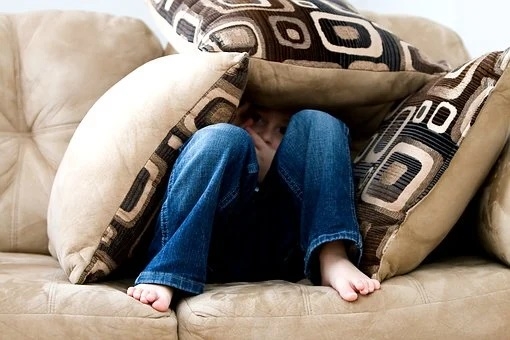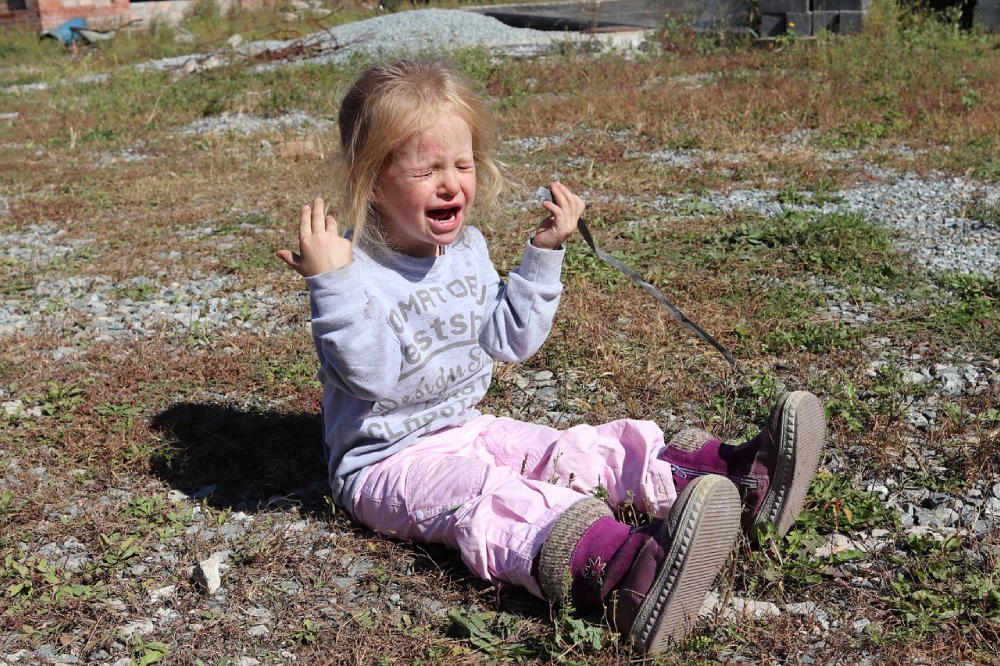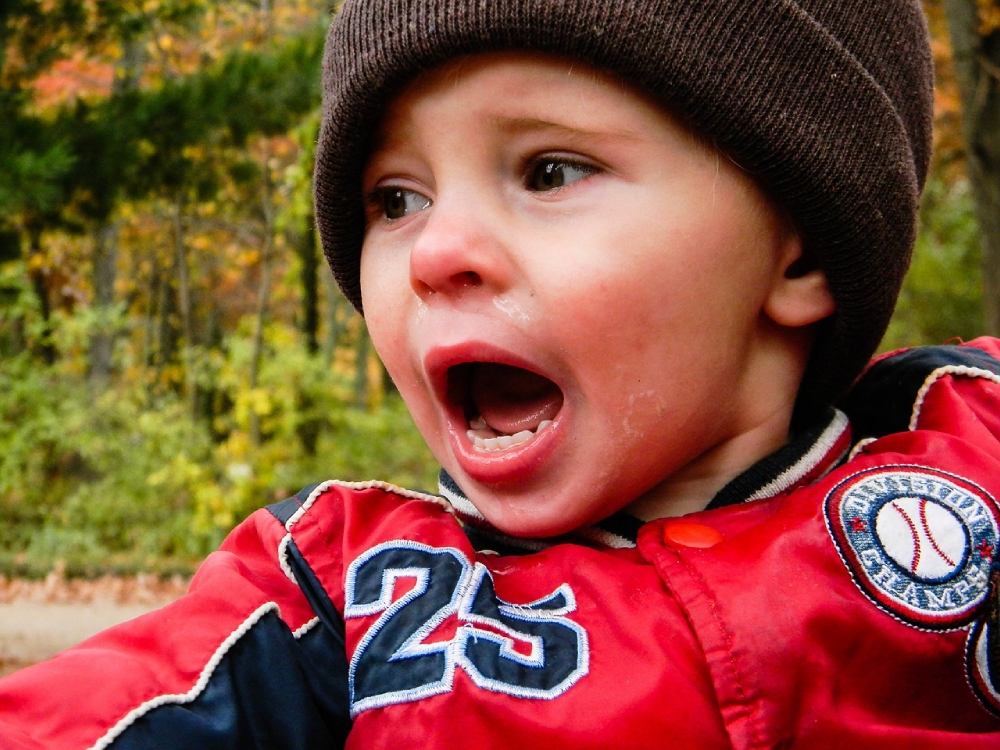Dealing with ADHD and Mental Health in Toddlers

Although children are not usually checked for a variety of health problems, until school age, there are some telltale signs before this. The trouble is that it is hard to decide whether your toddler is displaying normal toddler behaviour or that of a child with ADHD.
What is ADHD?
ADHD – Attention Deficit / Hyperactivity Disorder affects one child in 11 and the warning signs are often noticeable, by the time your child is four years of age. By this stage, more than 40% of children will be already developing noticeable problems. ADHD is the most common mental health disorder found in young children and Neuropsychologists in the United States have discovered that the disorder occurs in children who have a smaller caudate nucleus. This is a small part in the brain that is associated with cognitive and motor control and can lead to early academic problems. Early diagnosis is always beneficial and importantly, there are treatments that are safe and effective that can help to manage symptoms, improve coping skills and help improve negative behaviour.What are the earliest signs?
Even as toddlers, some children seem to have a harder time sitting still. They seem to be amazingly active all the time and unable to settle for meals or their nap time. Although your child may seem as to be hyperactive and very impulsive, they might not necessarily have ADHD as sometimes they have hearing or sight problems or simply be as chatterbox!
What else should we be watching for?
By the time your child has reached their third birthday they may well be displaying some of the traits of ADHD and more of them by their fourth birthday. Child specialists do recommend that parents are observant and monitor their child’s behaviour. These are ten of these tell-tale sign and if you do have any concerns it is well worth discussing these with your GP at an early stage as they can refer you to a paediatrician.Does your child avoid any activities that require paying attention for more than one or two minutes?
Do they suddenly lose interest in an activity and start to do something else?
Are they noisy and more talkative compared to other children of the same
age?Do they persist on climbing – even when they are told not to?
Are they they able to hop confidently on one foot?
Is your child always restless, are they always moving their feet and legs
and wanting to get up out of the chair even after a few moments?Do they get into dangerous situations because they are fearless?
Do they show no signs of caution when they speak to strangers?
Are they often aggressive towards their friends?
Have they ever injured themselves by running around when they have been told not to do so?
There are many things that you can do to improve your child’s ADHD even from an early age. You will find that your child will really benefit from having structure to their day and a good routine. You will find that positive parenting with plenty of praise for tasks well done will work well. Even at an early stage, it will be beneficial to teach your toddler how to take ‘time out’ to just calm down if they have been over-stimulated. This technique can be used all through their childhood, but it is really important that ‘time out’ is not viewed negatively or as a punishment. This will be just one of the behavioural therapies that you will be taught once your child has been diagnosed with ADHD.
Children with Autism Spectrum Disorder (ASD) are usually diagnosed before their third birthday. The severity of the condition varies but all children will have problems communicating and interacting with others.
There are many positive ways of treating children with mental health problems and these include training for parents on how to deal effectively with their child’s problem, family counselling and support will be given by teachers when your child starts school.
If you have any concerns about your toddler’s mental health, why not seek medical advice today!
Chrissie x

